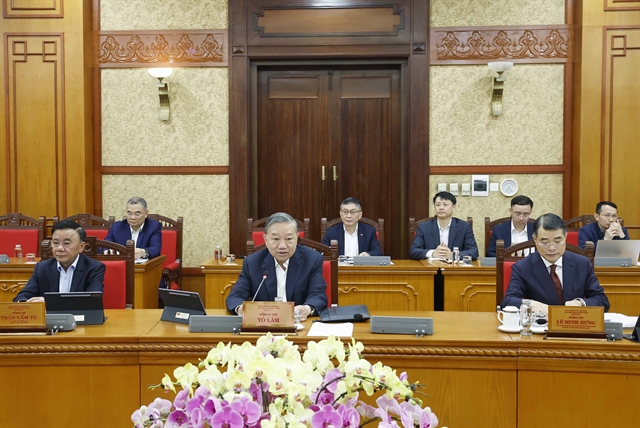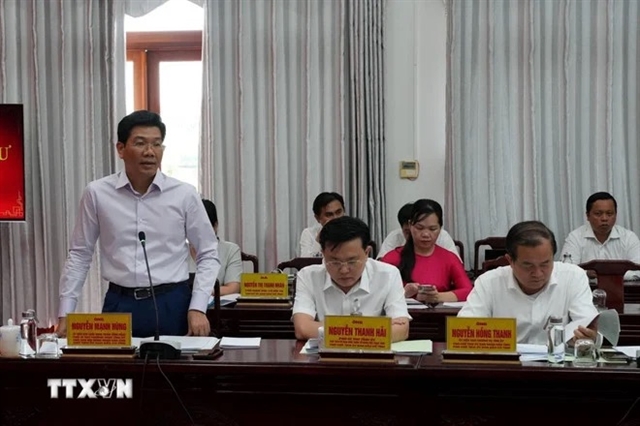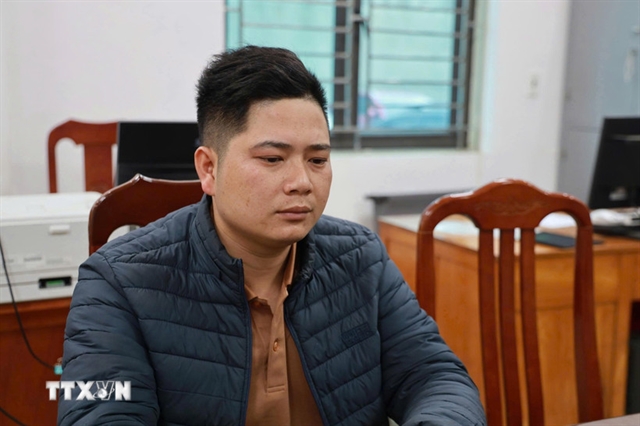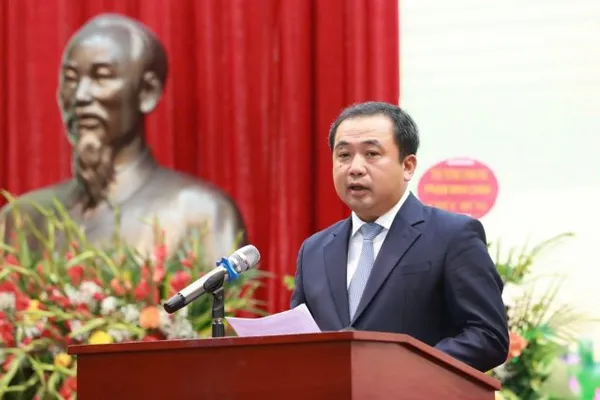 Opinion
Opinion
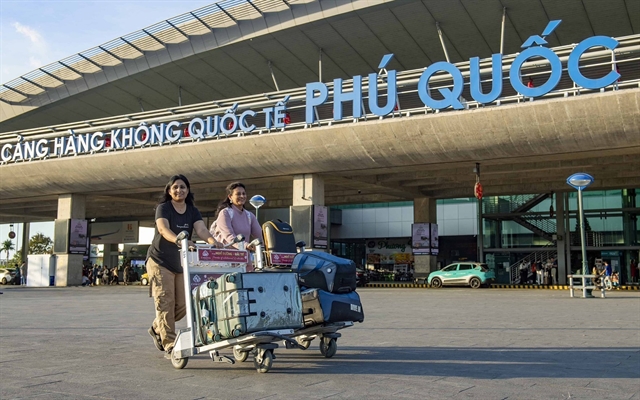
Lawyer Nguyễn Danh Huế, Chairman of the Hừng Đông Legal Firm, talks to Kinh tế & Đô thị (Economic and Urban Affairs) newspaper on the need for those participating in the informal saving market to understand legal requirements
| ||
| Nguyễn Danh Huế |
Lawyer Nguyễn Danh Huế, Chairman of the Hừng Đông Legal Firm, talks to Kinh tế & Đô thị (Economic and Urban Affairs) newspaper on the need for those participating in the informal saving market to understand legal requirements
What is the driving force making many poor people engage in the informal saving market?
There are two main reasons many people have joined the informal saving market.
First, it is a quick way to pool people’s idle money to lend to needy people with higher interest rates than at commercial banks. This method has been practised in Việt Nam for ages. Originally, it was one of the ways for people to help each other in case of need.
Secondly, they are the cumbersome procedures needy people must navigate to secure formal public credits. Many poor people prefer to use informal saving groups to avoid these issues.
In 2006, the Vietnamese Government issued a decree on tontine activities. Will you give us a bit more detail about that decree?
Decree 144/2006 clearly stated the rights, obligations and responsibilities of tontine participants.
The State policies make it clear that all people participating in a tontine for the purpose of mutual assistance under the provisions of the decree and other relevant legal documents are protected by law.
The demand for borrowing and lending money is high but these practices have become more complicated and must be settled in either administrative or criminal court.
One of the main causes of serious problems is the loose regulations for people participating in the tontine and local government agencies’ poor supervisory activities.
A new decree on the forms of tontine and the rights and responsibilities of participants will come into force on April 5. Do you think it will be able to bring borrowing and lending activities under control?
Decree No19/2019 has addressed many legal voids in the 2006 decree.
The 2019 decree has detailed principles on the establishment of a tontine as well as specific rules for its members, particularly their rights and obligations and their legal responsibilities.
The new decree also requires that the head of the tontine register with the local administration.
Do you think we need strong measures to ensure the decree is strictly implemented?
Our criminal law has already covered loan shark activities in both informal and formal credits, including in tontines. Yet, in my opinion, we need to complete all legal documents on how to deal with loan sharks. People should only join a tontine if they feel that its operation is legal and in line with the country’s laws.
In short, the tontine that you want to join in must be able to address the following three key conditions:
First, the tontine holder that you want to join must be a person of high credibility;
Second, you should know the people who join the tontine with you;
Third, the tontine holder must practice transparency and accountability towards all members. All participants should collaborate to develop rules on how to use the money and ensure the accountability of the tontine holder. Whatever the participants have agreed must be recorded in the group’s document. — VNS

